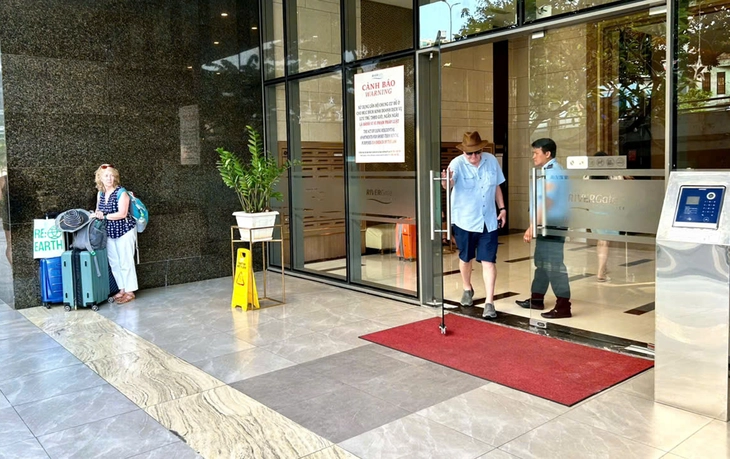
International tourists staying at an apartment building in Ho Chi Minh City - Photo: TTD
Ho Chi Minh City’s ban on Airbnb-style apartment rentals is explained as a way to ensure security and order. However, behind it lies a policy gap: Vietnam has no law that clearly defines short-term accommodation activities via technology platforms.
The government therefore often chooses the simplest option - if it cannot be legalized, then eliminate it. This creates a paradox: there is still demand, people are willing to participate in the tourism market flexibly, but it is banned. The sharing economy - a model that helps reduce social costs and increase the efficiency of asset use - is eliminated.
Vietnam has previously witnessed similar reactions when Uber and Grab first appeared. During the period 2014 - 2016, this type of technology transportation was strongly opposed by traditional taxi companies, leading to a series of proposals to tighten or ban operations. However, after much debate, the State allowed legalization with conditions.
Grab and ride-hailing apps have become an integral part of urban transport infrastructure. Thus, if there is a suitable management mechanism, new models will contribute to enriching the service ecosystem.
Many countries have also taken a more flexible and effective approach to the service. In 2015, for example, Seoul (South Korea) faced criticism from traditional hotel associations because of Airbnb's rapid growth.
The Korean government did not choose to ban it, but instead enacted a "Hanok Stay" law that allows households to rent out their homes under specific conditions: registration, a maximum length of stay, and regular reporting. Seoul developed a portal connecting landlords and the government to ensure transparency.
During the period 2016 - 2018, the wave of tourists using Airbnb in Barcelona (Spain) increased, which was strongly opposed by residents. Instead of completely banning, this city required all rental apartments to apply for short-term stay permits, limited the number of guests per area, and applied a separate tourist tax for Airbnb.
In Southeast Asia, Singapore is not completely open to Airbnb, but it is not completely banned. The Singapore government focuses on technology and tax control: every rental transaction is reported for tax authorities to monitor. There is no legal vacuum and no black market.
So, in essence, Airbnb or short-term accommodation platforms are not the problem, but rather a tool to help distribute accommodation assets more effectively in society. The problem lies in the readiness of the management apparatus - do we dare to build a new legal framework for a new model?
The answer should be yes - and as soon as possible. However, to be able to manage and take advantage of the opportunities from the sharing economy from this model, many synchronous solutions are needed. First, it is necessary to legally identify the short-term rental model through the platform, clearly defining this as a form of technology accommodation service business, separate from traditional hotels.
Identification will pave the way for tax management, fire safety and consumer protection. Second, design a simple and effective registration system. Homeowners who want to rent through Airbnb need to register a residence code, declare their operating time, and undergo regular safety inspections. The system can be digitized and integrated with platforms like VNeID to make it convenient for both people and authorities.
Third, the government should sign agreements with Airbnb, Booking, or similar companies to share data, authenticate renters/hosts, and support tax controls. Fourth, adopt a flexible and transparent tax model. Taxes can be levied per stay or as a percentage of revenue, depending on the size of the business, and create a mechanism for automatic tax deductions from the platform to reduce the risk of revenue loss.
Finally, this model should be piloted in some cities such as Ho Chi Minh City, Da Nang , Nha Trang - where tourism infrastructure is developed - before being replicated if effective. The core is still changing the mindset: from "fear of losing control" to "building control capacity".
The digital economy waits for no one. The longer we wait, the more we lose the opportunity to take advantage of social resources that are lying idle - untapped apartments, homeowners who want to participate in the tourism economy but are denied the opportunity.
Without a change in management thinking, Vietnam will likely continue to see a wave of assets and capital flowing out of the country – not because people lack creativity, but because they lack a legitimate mechanism for development.
Many people have invested in housing to do business in this service, just need to be recognized to be able to operate transparently.
And the State, instead of prohibiting it, can become the guide - and also the legitimate tax collector - from that development.
Source: https://tuoitre.vn/viec-cam-kinh-doanh-luu-tru-qua-airbnb-khong-phu-hop-trong-nen-kinh-te-so-2025061822275457.htm



![[Photo] Panorama of the 2025 Community Action Awards Final Round](https://vphoto.vietnam.vn/thumb/1200x675/vietnam/resource/IMAGE/2025/11/15/1763206932975_chi-7868-jpg.webp)

![[Photo] General Secretary To Lam receives Vice President of Luxshare-ICT Group (China)](https://vphoto.vietnam.vn/thumb/1200x675/vietnam/resource/IMAGE/2025/11/15/1763211137119_a1-bnd-7809-8939-jpg.webp)
![[Photo] Prime Minister Pham Minh Chinh meets with representatives of outstanding teachers](https://vphoto.vietnam.vn/thumb/1200x675/vietnam/resource/IMAGE/2025/11/15/1763215934276_dsc-0578-jpg.webp)


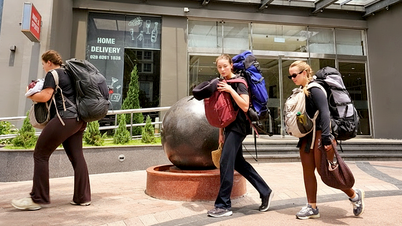






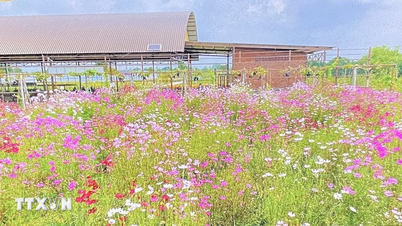

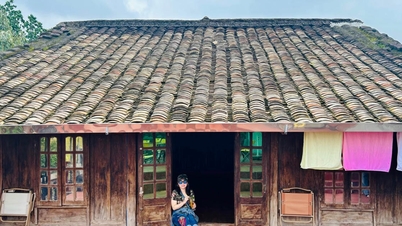






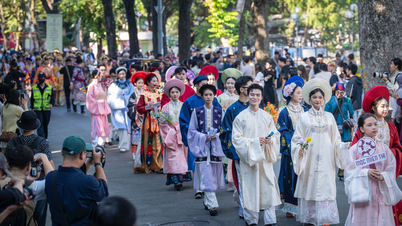













































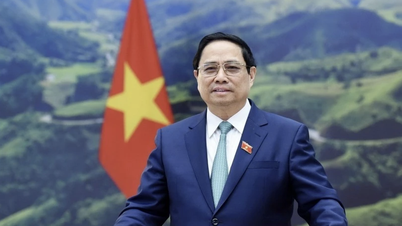











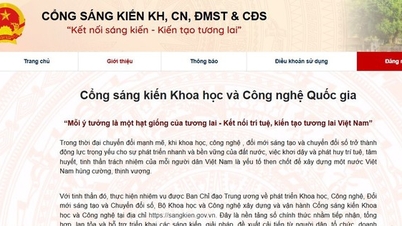



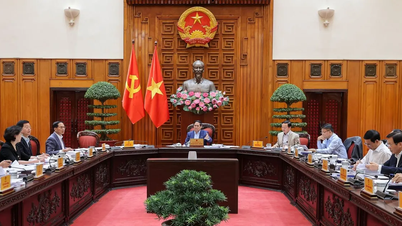




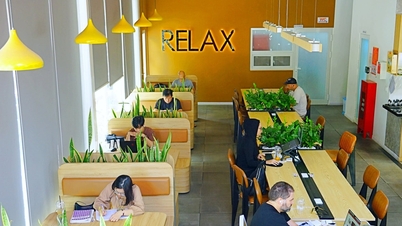












Comment (0)